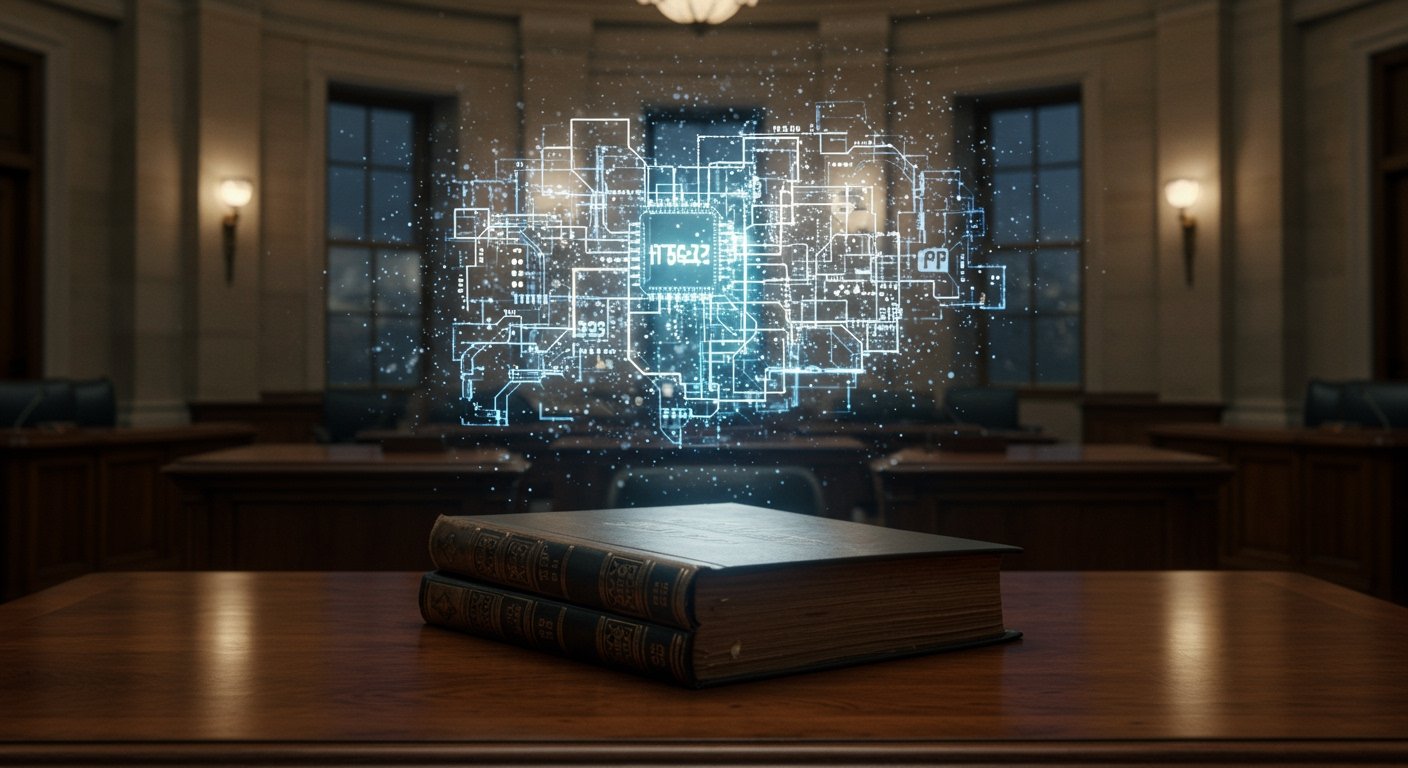Amidst a rapidly evolving technological landscape, artificial intelligence (AI) agents are poised to become a cornerstone of the future workforce, profoundly impacting human resources (HR) technology and operational efficiency.
As of June 2025, the integration of these autonomous digital tools is no longer a theoretical concept but a strategic imperative for organizations aiming to enhance productivity and streamline costs.
The Strategic Imperative: Integrating AI Agents
A recent survey highlighted in industry analysis underscores the critical view held by HR leadership regarding the adoption of AI agents. According to findings from a Salesforce survey mentioned in the analysis, a significant 86% of Chief Human Resources Officers (CHROs) deem the integration of agented tools alongside their existing human workforce as absolutely critical for future success.
This strong conviction is backed by ambitious projections. CHROs surveyed project a remarkable 327% growth in AI agent adoption within their respective organizations over the next two years alone. This anticipated surge reflects a growing confidence in the tangible benefits that AI agents can deliver across various HR functions and employee tasks.
Projected Gains in Productivity and Cost Efficiency
The motivation behind this aggressive adoption forecast is directly tied to expected improvements in key business metrics. Leaders anticipate substantial gains from the full implementation of agentic AI capabilities. The Salesforce survey data indicates an average employee productivity gain of 30% is expected, a figure that could reshape how tasks are assigned and completed across departments.
Furthermore, organizations are looking to AI agents as a means to optimize operational expenditures. The survey projects an average labor cost reduction of 19% resulting from the full implementation of agentic AI systems. These dual benefits – boosting output while lowering costs – present a compelling case for investment in AI agent technology within the HR domain and beyond.
The Current Reality: Adoption Gap and Understanding Deficit
Despite the optimistic outlook and strategic recognition of AI agents’ potential, the current state of implementation reveals a significant gap. The analysis points out that a vast 85% of organizations have not yet implemented agentic AI solutions on a broad scale. This statistic highlights the early stage of this technological shift, suggesting that while the vision is clear, the practical steps towards widespread adoption are still being taken.
The challenge isn’t solely technological or organizational; it also involves the human element. The data reveals a considerable deficit in employee understanding regarding the implications of this digital transformation. A striking 73% of employees currently do not understand the potential impact of digital labor, including AI agents, on their daily work routines and future roles. Bridging this knowledge gap through training and communication will be crucial for successful integration and workforce adaptation.
The Rise of the AI Agent Manager
The increasing complexity and proliferation of AI agents within organizations necessitate new operational roles and management structures. Insights from Microsoft’s 2025 Work Trend Index specifically indicate the impending rise of a new class of roles: the AI agent manager. This position is expected to play a pivotal role in overseeing the deployment, performance, and task delegation among various AI agents, ensuring they operate efficiently and in alignment with business objectives.
This emerging management layer underscores the transformative nature of AI agents, suggesting they will not merely be tools but integrated components of the workforce requiring dedicated oversight. Leaders are already anticipating the need for teams skilled in managing these digital colleagues.
Future Workforce Dynamics: Training and Management
The Microsoft 2025 Work Trend Index further provides a glimpse into the expected skills and team structures of the near future. Leaders surveyed anticipate that within the next five years, a significant 41% of teams will be actively involved in training AI agents. This involves teaching agents new tasks, refining their performance, and ensuring they are aligned with specific business processes.
Parallel to training, the report projects that 36% of teams will be directly responsible for managing these AI agents. This management function goes beyond simple oversight, likely involving task allocation, performance monitoring, troubleshooting, and integrating agent outputs into human workflows.
These projections highlight a fundamental shift in workforce dynamics, where human employees will increasingly collaborate with and manage sophisticated AI systems, requiring new skill sets centered around AI interaction, training, and strategic deployment.
Navigating the Path Forward
The insights from these surveys paint a clear picture: AI agents are on a trajectory for exponential growth within HR technology and the broader workforce, promising significant gains in productivity and cost savings. However, the path forward is not without its challenges, notably the current low rate of implementation and the widespread lack of employee understanding.
Successfully navigating this transition will require strategic investment in AI technology, robust planning for integration, and significant efforts to educate and train the existing workforce on how to effectively collaborate with and manage AI agents. The future of work, as envisioned by HR leaders and technology analysts in June 2025, is undeniably intertwined with the intelligent automation offered by AI agents, heralding a new era of efficiency and operational structure.




